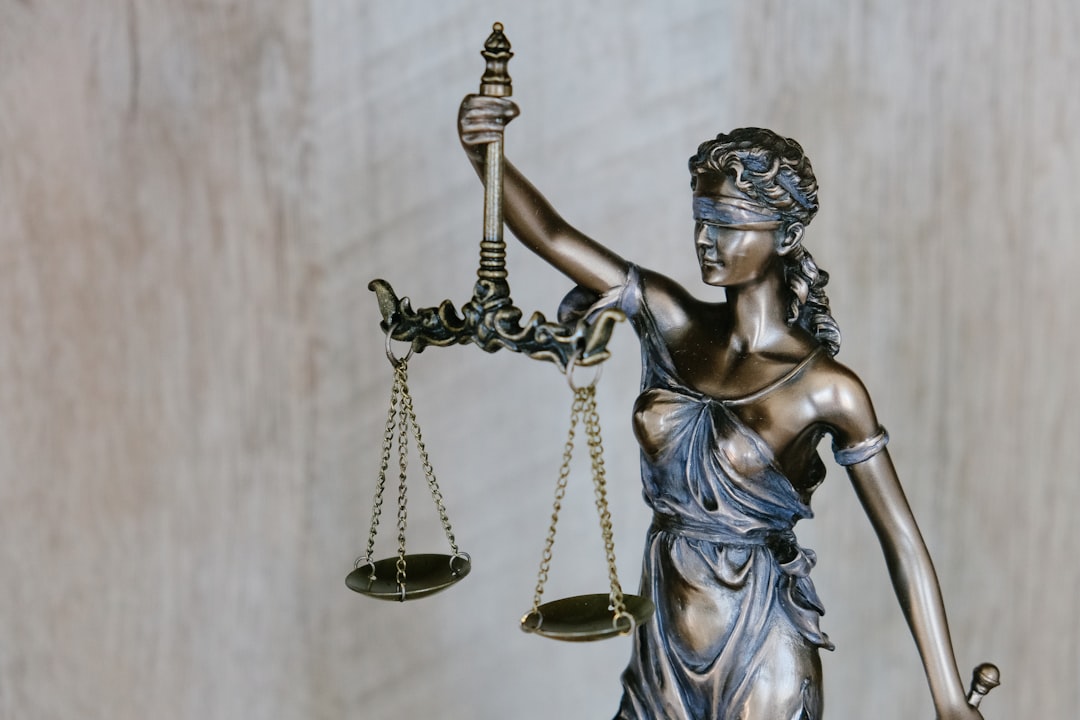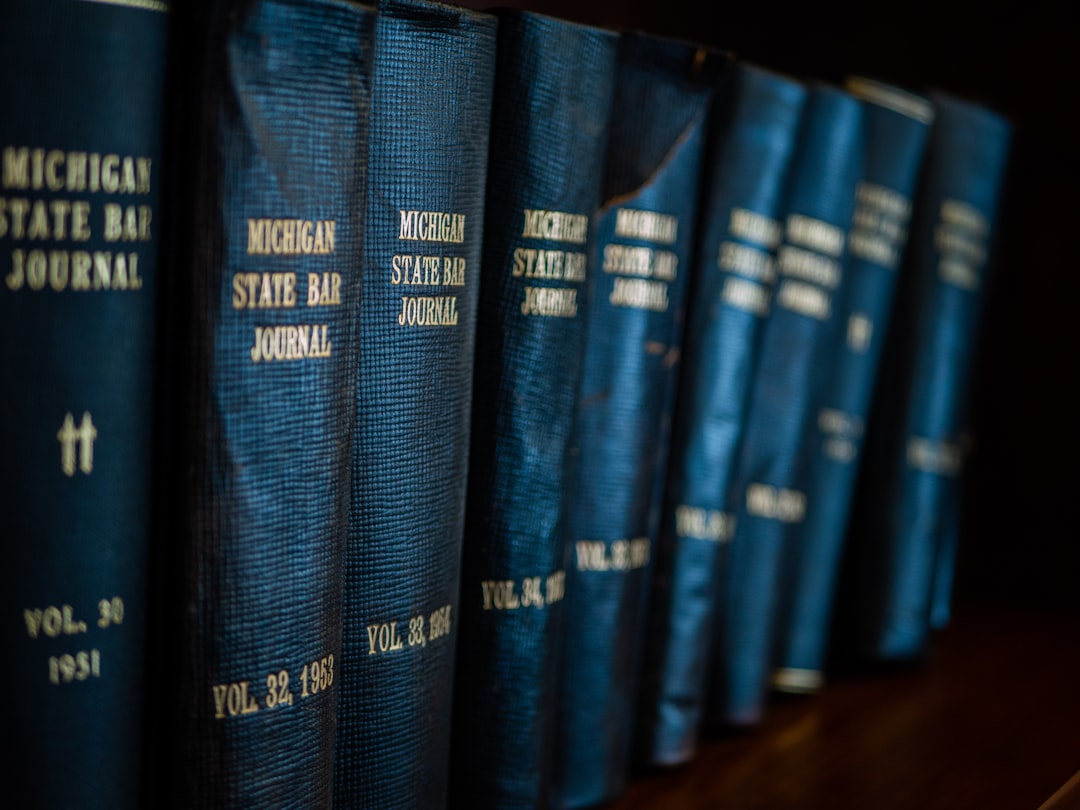Missouri has stringent laws to prevent and combat sexual abuse in school mentoring programs, focusing on policies, staff training, and accountability. Schools should implement trust-based relationships, regular mentor training, boundary education, and robust reporting mechanisms with support from a Missouri school abuse lawyer. Comprehensive training workshops, partnerships with experts, and ongoing discussions foster awareness and responsibility. Missouri offers counseling, legal aid, disciplinary actions, and community resources to create safe mentoring environments while holding perpetrators accountable. Background checks, low ratios, clear boundaries, open communication, and accessible policies are key practices, with experienced Missouri school abuse lawyers providing necessary support.
Missouri takes a comprehensive approach to addressing sexual abuse within school-sponsored mentoring programs, guided by its robust legal framework. This article delves into key strategies designed to protect students and foster safe environments. We explore Missouri’s laws on school abuse, best practices for mentor training and education, support systems for survivors, and accountability measures. By implementing these steps, the state aims to prevent and address sexual misconduct in mentoring, ensuring a safer future for all Missouri students. For insights from a school abuse lawyer Missouri trusts, read on.
Understanding Missouri's Legal Framework on School Abuse

Missouri has established a comprehensive legal framework to address and prevent sexual abuse within school-sponsored mentoring programs. The state’s laws are designed to protect students and ensure accountability for any misconduct. A crucial aspect is the requirement for schools to have policies in place that outline clear guidelines and procedures for handling reports of abuse. These policies must include steps for immediate intervention, investigation, and support for victims.
A school-sponsored mentoring program lawyer in Missouri can guide institutions on implementing these measures effectively. The legal framework also mandates training for staff and volunteers to recognize potential signs of abuse and respond appropriately. This includes recognizing unusual behavior in students and understanding the dynamics of power imbalances that may occur in mentoring relationships. Such proactive steps are essential to fostering a safe environment and addressing school abuse concerns.
Identifying and Preventing Sexual Misconduct in Mentoring

Identifying and preventing sexual misconduct in mentoring programs is a critical aspect of ensuring a safe environment for students in Missouri. School-sponsored mentoring should prioritize the well-being and security of mentees, fostering relationships based on trust and respect. Regular training for mentors and staff on recognizing red flags and understanding consent is essential. This includes education on appropriate boundaries, the impact of power imbalances, and how to respond to disclosures or suspicious behaviors.
Missouri’s approach to addressing sexual abuse in these programs involves implementing robust policies and procedures. These measures may include mandatory reporting protocols, background checks for mentors, and clear guidelines on student-mentor interactions. By combining educational initiatives with rigorous policy frameworks, schools can create a culture of prevention, empowering students and safeguarding them from potential school abuse.
Training and Education for Mentors and Staff

In Missouri, addressing sexual abuse within school-sponsored mentoring programs has been a priority, and one key aspect is comprehensive training for mentors and staff. This includes specialized workshops that educate participants on recognizing potential red flags, understanding consent, and responding appropriately to any incidents of abuse or harassment. The state encourages schools to partner with experts in the field, such as Missouri’s dedicated school abuse lawyers and non-profit organizations, to facilitate these educational sessions.
Additionally, ongoing training is emphasized to ensure that mentors stay updated on best practices and current legal requirements. This involves regular meetings where staff can discuss challenging cases, share insights, and learn about new prevention strategies. By investing in such education, Missouri aims to foster a culture of awareness and responsibility, empowering mentors to create safer environments for the youth under their care.
Support Systems for Survivors and Accountability Measures

In addressing sexual abuse within school-sponsored mentoring programs, Missouri has implemented comprehensive support systems for survivors. These include specialized counseling services, safe referral networks, and legal aid from a school abuse lawyer Missouri residents can trust. The state also prioritizes accountability measures, ensuring that perpetrators face consequences through strict disciplinary procedures and, when necessary, criminal prosecution.
Support groups, peer counseling, and community resources are further integrated into the system to foster a culture of healing and prevention. By combining these protective measures with robust accountability, Missouri aims to create a secure environment for students while holding individuals accountable for their actions.
Best Practices for Safe and Ethical Mentoring Programs

Creating safe and ethical mentoring programs is paramount in preventing and addressing sexual abuse within school-sponsored initiatives in Missouri. Best practices include thorough background checks for all mentors, ensuring a low mentor-mentee ratio to facilitate better supervision, and establishing clear boundaries and expectations from the outset. Mentors should receive comprehensive training on consent, respect, and appropriate behavior, with regular refresher courses to keep knowledge current.
Communication channels between mentors, mentees, and school officials should be open and accessible. Policies for reporting and addressing incidents of abuse or inappropriate conduct must be readily available and understood by all parties involved. Fostering a culture of transparency and accountability is essential in maintaining a secure environment, protecting vulnerable individuals, and holding perpetrators accountable, with the support of experienced Missouri school abuse lawyers as needed.






